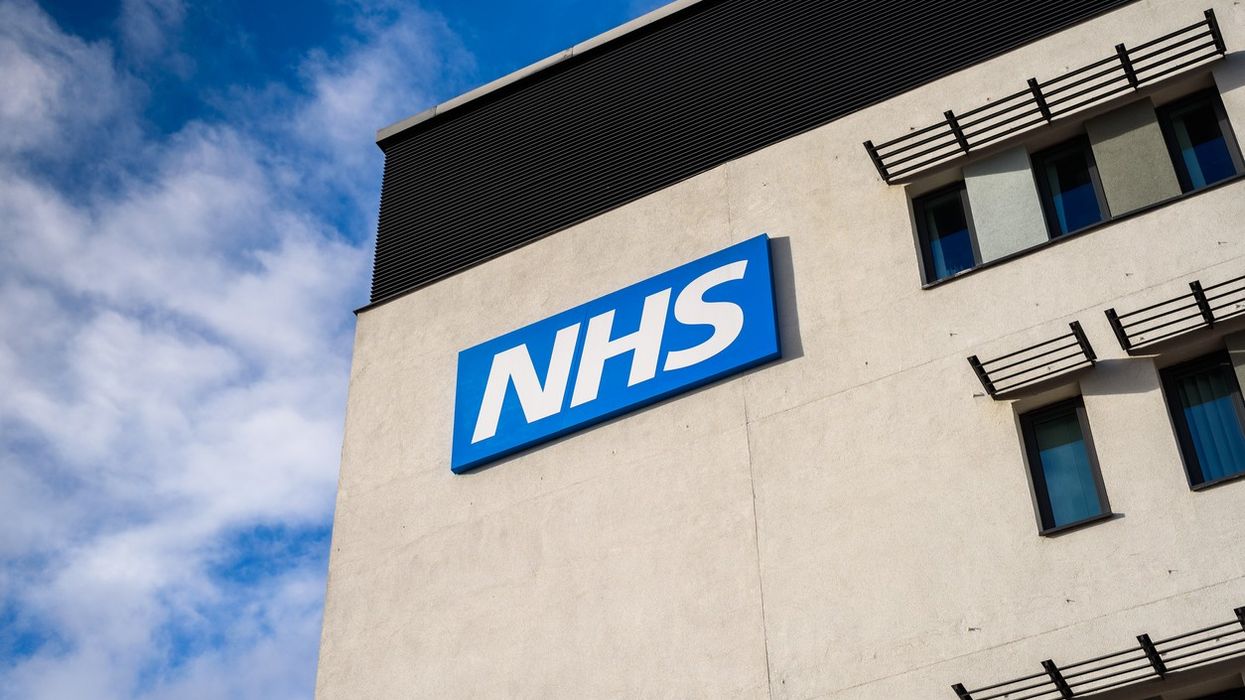The Royal Pharmaceutical Society (RPS) has issued guidance for pharmacists on controlled drugs (CDs) regulations for pandemic supply.
Three changes to the Misuse of Drugs Regulations (MDRs) came into force last week, which provide ministers with emergency powers for the supply of CDs.
The purpose of the changes is to ensure community pharmacies can continue to supply patients with essential medicines at critical times of a pandemic period.
The three changes to the MDRs relating to the supply of CDs during pandemic regulations 2020 include:
- Emergency supply of a CD without a prescription
At the request of a patient, medicines may be supplied without a prescription, in accordance with the directions of a pharmacist.
CDs may be supplied without prescription if supply is part of NHS services and the contractor complies with those NHS arrangements and the NHS arrangements are within the scope of the minister’s announcement with regard to the area, particular circumstances such as GP practice closure, and period in question up to three months at a time, which can be amended, withdrawn, or extended.
The supervising pharmacist need to be satisfied that the patient has been receiving the medicine as part of ongoing treatment from a relevant prescriber and the dose is appropriate for the patient to supply the medicines without prescription.
- Emergency supply of a CD against a Serious Shortage Protocol (SSP)
This provision is essentially the same as that for supply of a CD without a prescription. It enables medicines to be supplied under SSPs, if there is a serious shortage of the medicine and the requirements for SSP supply are satisfied.
- Emergency change to a CD instalment direction with the agreement of the prescriber
This provision allows pharmacists without prescribing rights to change the frequency of instalments on instalment prescriptions for medicines of schedule two and three of the MDRs, without the need for a new prescription from the prescriber.
The changed intervals are treated as the intervals of the prescriber.











